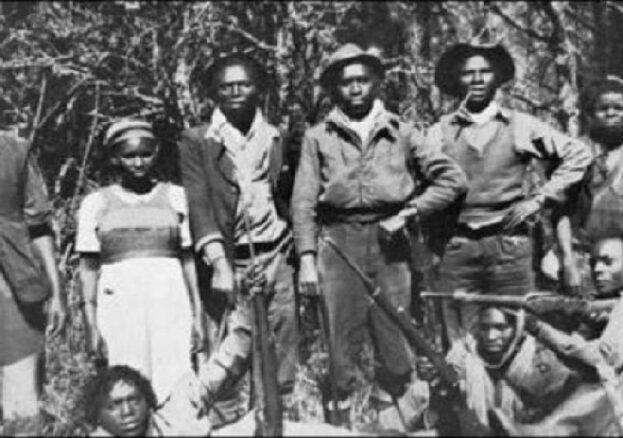
The Mau Mau rebellion was a response to decades of British colonialism and the land grabbing policies that were pursued by British settlers in Kenya. The Kikuyu people had been displaced from their ancestral lands and forced to work as low-paid laborers on European farms, leading to widespread poverty and social unrest.
The Mau Mau movement began as a secret society in the early 1950s, but soon evolved into an armed rebellion. The movement was characterized by guerrilla warfare and attacks on British colonial authorities, European settlers, and other Kenyan Africans who were seen as collaborators with the British.
The British responded to the rebellion with a brutal counter-insurgency campaign that involved the use of torture, detention without trial, and summary executions. The British also implemented a policy of “villagization,” where they forcibly relocated Kikuyu people into concentration camps, in an attempt to quell the rebellion.
The treatment of the Mau Mau by the British has led to compensation claims in the courts. Last year the British government agreed to pay out £19.9m in costs and compensation to more than 5,000 elderly Kenyans who suffered torture and abuse during the Mau Mau uprising in the 50s. Two of those involved in the recent case were women and further female compensation cases are pending.
From 1954 to 1960, the British detained approximately 8,000 women under the Emergency Powers imposed to combat the Mau Mau Rebellion in Kenya. The majority of female detainees were held in Kamiti Detention Camp and its importance has been widely acknowledged by historians. However, new documentary evidence released from the Hanslope Park Archive since 2011 has revealed the existence of a second camp established for women at Gitamayu, created in 1958 in order to deal with the remaining “hardcore” female detainees.
Much more is known about hardcore men, who have authored over a dozen Mau Mau memoirs and are the subject of extensive scholarly analysis. The stories and identities of these men, from Jomo Kenyatta to J.M. Kariuki, are well known. The hardcore male camps, such as Manyani, Athi River, and Hola, are remembered as the sites of intense struggles between detainees and warders. Recent work from historian David Anderson has detailed the British policy toward hardcore males, which became more brutal and systematic from 1957 onwards.
The Mau Mau rebellion officially ended in 1960, when British authorities declared a state of emergency and arrested the majority of the Mau Mau leaders. However, the movement had a profound impact on Kenya’s struggle for independence, and is seen as a key event in the country’s history. The rebellion paved the way for Kenya’s independence, which was achieved in 1963, and helped to inspire other anti-colonial movements throughout Africa.
